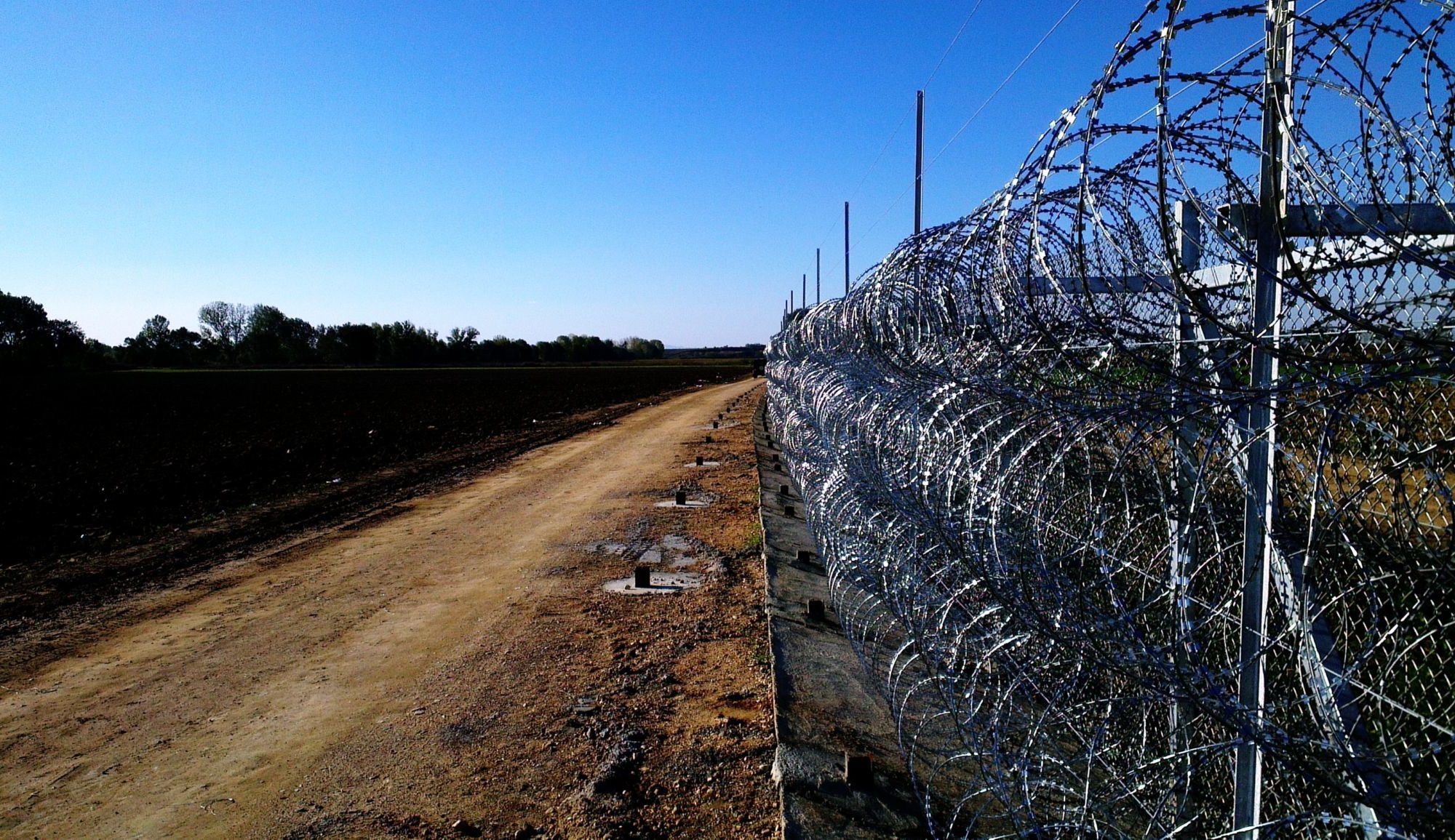Dr Dallal Stevens, an associate professor of law at Warwick University, explains why she plays the film ‘Into the Fire: The Hidden Victims of Austerity’ to her students, and the profound emotional effect it has on them
It’s the first lecture of my module Refugee and Asylum Law and Policy. I look around the room at the 50 expectant young faces – men and women in their early twenties; all academic high achievers studying for a law degree, each of whom could have chosen any number of other subjects to pursue for the next 10 weeks. So, I wonder, why are they here? What has attracted them to the study of refugee law? I decide to pose the question.
The answers are familiar. ‘I’m a daughter of a refugee’; ‘my family immigrated to the UK in the 1960s’; ‘I would like to practise in human rights law, perhaps even refugee law’; ‘I know that migration is a really important issue in the world today and I want to learn more about it’.
And so the module starts. We explore the ethics of asylum and begin to challenge the many preconceptions. We delve into the fascinating history of refugee movements to the United Kingdom and discover that the UK’s asylum tradition is not so ‘noble’ after all, as most politicians like to claim. And, of course, we learn about the law. But it is not until we watch some clips from the hard-hitting documentary Into the Fire; The Hidden Victims of Austerity that we can begin to appreciate the reality of European asylum policy. Migrants and asylum seekers are seen trapped in Greece, prevented from moving on to other European states as they had planned, but unable also to gain asylum due to the notoriously ineffective and rightly castigated Greek refugee status determination system: As demonstrated by the 2011 European Court of Human Rights case of MSS v Belgium and Greece, this is a State which seems completely unwilling to process asylum claims.
But failure of the asylum process is the last of the migrants’ concerns. Austerity has hit Greece hard, and made their situation even more desperate: they are largely homeless, living on the streets without sanitation, food or state medical care, subject to increasing brutality, violence and even death from the resurgent far right party Golden Dawn as well as the Greek police. Their sense of desperation and suffering is palpable.
The film ends and the lights are turned on. I look around the room. A number of those young faces are now visibly shocked and there is a sense of disbelief. Unsurprising perhaps. After all, they have learned that the international refugee law regime was born in Europe and founded on the notion of international solidarity. Decades later, the European Union, too, has ostensibly constructed a harmonised regional asylum regime based on solidarity or – its preferred term – ‘mutual trust’. Refugees are supposed to be safe, to be protected from persecution, not subjected to further harm. But what Into the Fire so clearly demonstrates is that harmonisation has proved a myth. Greece cannot be trusted to treat asylum seekers with dignity, nor can it be assumed by fellow EU member states that it is a safe country to which to return asylum applicants. The law may have finally helped to stop removals to Greece, but the more difficult question remains: is there sufficient political will to make radical improvements to the conditions and treatment of all migrants in the territory of the EU? While the situation in Greece is arguably extreme, it is sadly not an isolated example.
As the students leave the lecture theatre, I can see how effectively 38 minutes of dramatic footage has reinforced a crucial message: that the rhetoric of human rights law can be forceful, but without constant vigilance, inhumanity is never far away – even in Europe.
